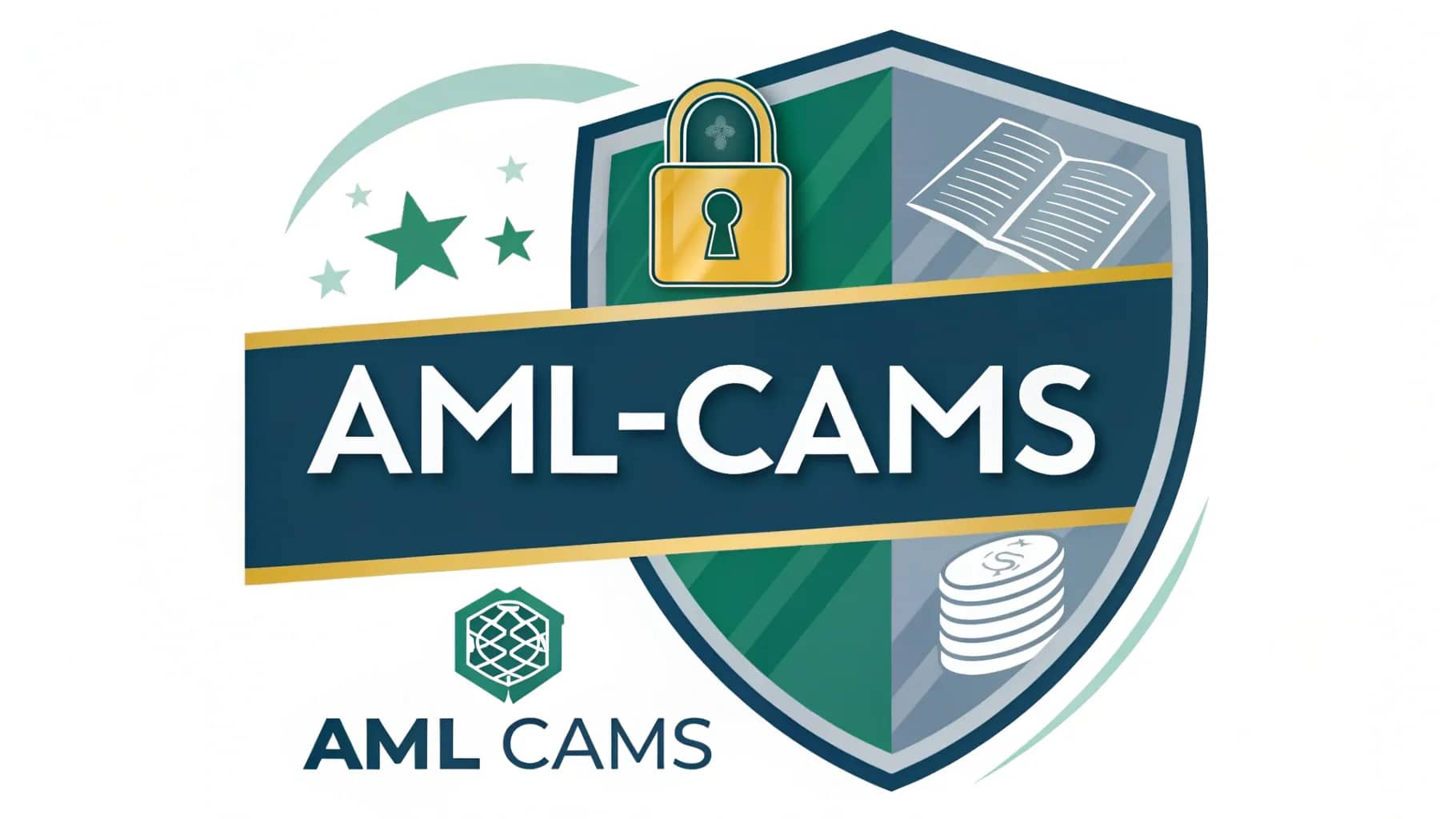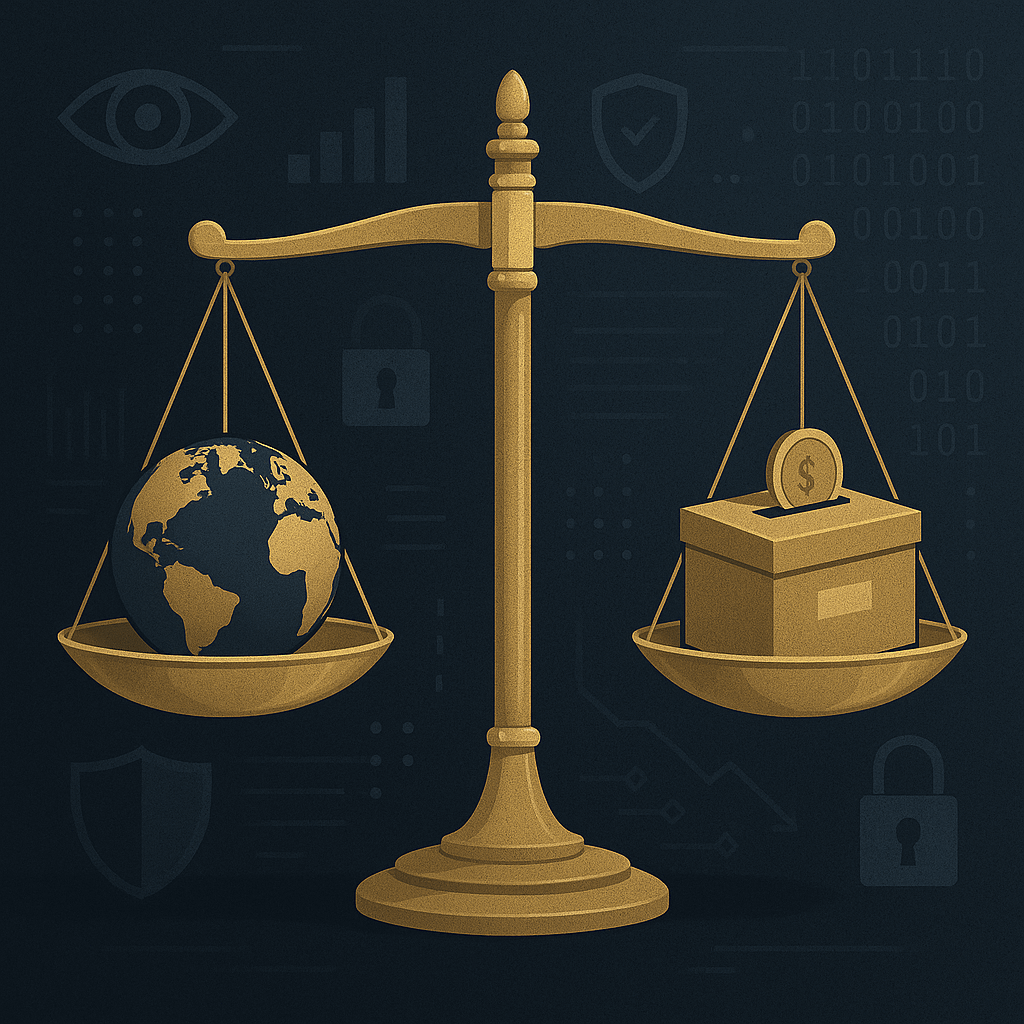When the world was shaken by the events of September 11, 2001, a quiet but intense investigation began behind the scenes. While most of us were coming to terms with the tragedy, U.S. officials were asking: how did terrorist groups manage to fund something so catastrophic?
The answer was chilling. Some of that funding flowed through charities — organizations we typically associate with goodwill and compassion.

When Good Intentions Are Exploited
In response to 9/11, the U.S. launched the Terrorist Finance Tracking Program (TFTP). This program analyzed global financial transactions (especially through the SWIFT system) to trace funds linked to terrorism. According to the U.S. Treasury, TFTP helped uncover and block financial activities connected to terrorist networks, and it played a critical role in tracking down suspicious charities.
Over 40 charities were eventually shut down or designated as entities of concern. While some were proven to be linked to illicit activities, many others were accused without strong evidence — causing reputational damage and a loss of donor confidence.
Charities Under the Microscope
The issue wasn’t that charities were bad — it’s that some were vulnerable. Charities typically:
- Operate on public trust
- Handle large amounts of money
- Rely heavily on cash, especially in crisis zones
- Work in countries where terrorist groups are active
- Aren’t always subject to tight regulation
All of this made them attractive targets for financial abuse.
That’s why the Financial Action Task Force (FATF), a global watchdog group, stepped in. They issued Recommendation 8, which specifically addressed how charities and other nonprofit organizations (NPOs) could be better protected from terrorist misuse.
What Recommendation 8 Actually Says
FATF didn’t want to restrict charities — their aim was to help. So, Recommendation 8 encourages:
- Better risk assessments
- Stronger financial transparency
- Clear records and audit trails
- Use of bank accounts instead of informal cash transfers
- Working with banks to flag suspicious activity (without cutting off essential services)
For banks, FATF recommends treating charities like any other customer — apply know-your-customer (KYC) rules, monitor transactions, and file reports when something seems off.
The goal is to keep funds safe and ensure they reach the people who need them — not people trying to do harm.
A Look at the UK Approach
In the UK, the Charity Commission developed a strong counter-terrorism strategy. Their approach focuses on four key pillars:
- Collaboration: Working with local and international law enforcement
- Education: Helping charities understand the risks
- Monitoring: Keeping a closer eye on charities operating in high-risk areas
- Intervention: Acting quickly when abuse is suspected
The Bigger Picture
The uncomfortable truth is this: even a small percentage of abuse can put the entire nonprofit sector at risk.
Since 9/11, many Muslim-led charities have faced increased scrutiny, even when there’s no evidence of wrongdoing. Some donors have pulled away out of fear, and this has made it harder for legitimate organizations to continue their life-saving work.
That’s why Recommendation 8 — and the efforts of watchdogs like the Charity Commission — aim to protect the integrity of charities while defending their right to exist and operate freely.
Rebuilding Trust, One Step at a Time
The vast majority of charities do extraordinary work. They help during disasters, provide education, fight hunger, and deliver health care in some of the world’s most dangerous places.
What’s needed now is a smart, balanced approach — one that:
- Keeps the doors open for legitimate charities
- Closes the loopholes that bad actors exploit
- Encourages transparency, not fear
- Promotes trust between financial institutions and nonprofit organizations
Terrorist financing is real. But so is the impact of unfair targeting and overregulation.
The path forward lies in cooperation — between governments, financial institutions, and the charities themselves. Because when that trust is restored, the people who really need help are the ones who benefit most.

